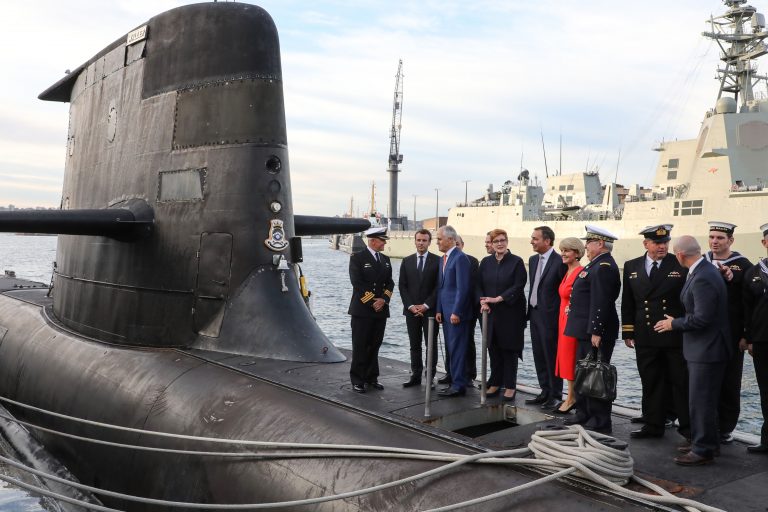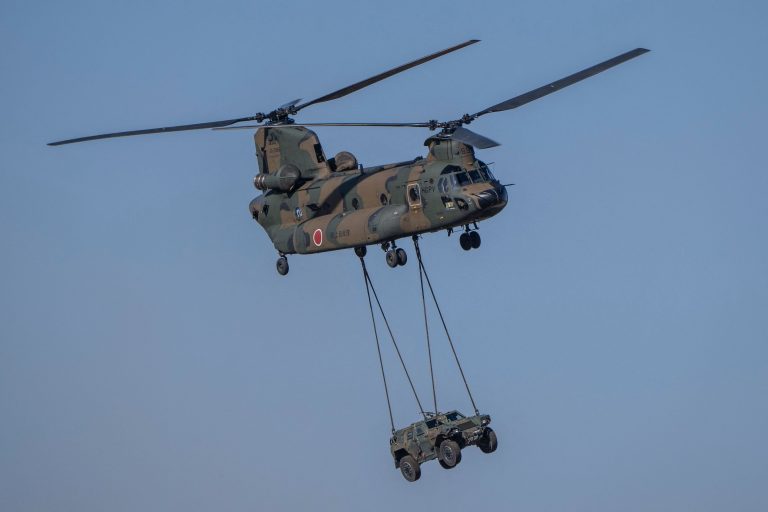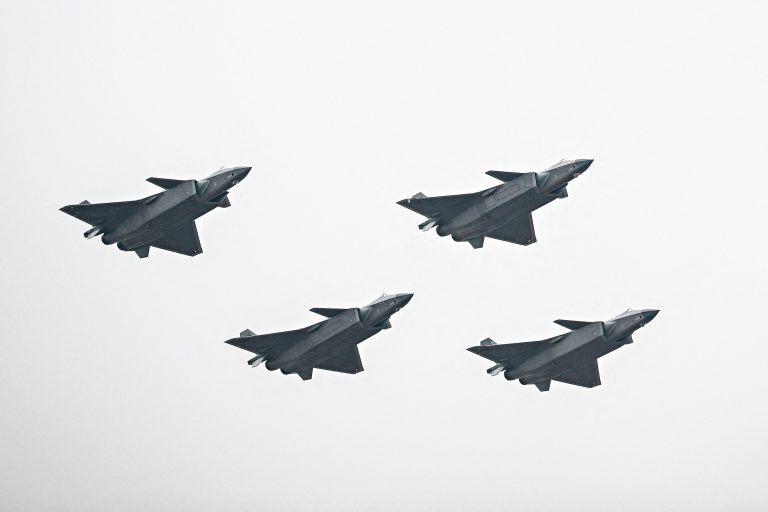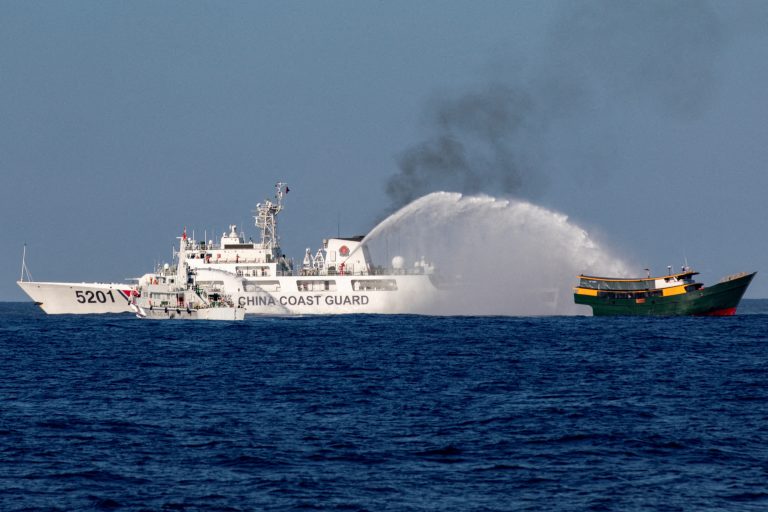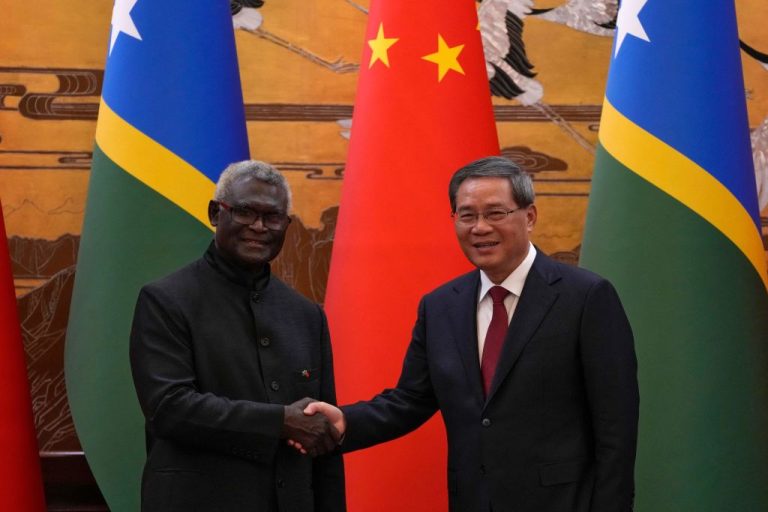The Australian government on Sept. 16 announced its cancellation of a 2016 contract with France to build a fleet of submarines, as the project is to be taken up using American nuclear technology instead. The development comes on the heels of statements by U.S. President Joe Biden announcing a new alliance with Australia and Britain, abbreviated AUKUS.
“The ABC understands Australia will use American and British technology to configure its next submarine fleet in a bid to replace its existing Collins class subs with a boat more suitable to the deteriorating strategic environment,” the Australian Broadcasting Corporation reported on Sept. 15.
Adding the vessels to Australia’s military will make it the seventh country to field nuclear-powered submarines, and the only one that does not also possess nuclear weapons.
READ MORE
British Ships Detect Noisy Chinese Nuclear Subs, Global Times Claims Reveal Was ‘Intentional’
Success
You are now signed up for our newsletter
Success
Check your email to complete sign up
US Increasing Surveillance of Chinese Submarines: PRC Think Tank
The AUKUS alliance is widely seen as countering the People’s Republic of China (PRC), which has increased its belligerence in the South and East China seas, as well as towards Taiwan, the democratically governed island that Beijing claims as its own territory. The pact could also see the U.S. operate Virginia-class nuclear attack submarines out of Perth, in the state of Western Australia.
Although Australia will not enrich nuclear fuel on its soil or equip the new subs with nuclear weapons, they offer a significant technological boost over the conventionally diesel-electric boats that most navies deploy. Nuclear submarines can stay submerged for months, and have a sailing range limited only by the provisions they carry and the crew’s psychological well-being.
French protests
Jean-Yves Le Drian, French Minister of Europe and Foreign Affairs, and Armed Forces Minister Florence Parly issued a statement protesting Australia’s decision to scrap the US$66 billion program to build up to 12 conventionally powered subs, calling it “contrary to the letter and spirit of the cooperation that prevailed between France and Australia.” The French officials also said that Canberra’s move showed “a lack of coherence.”
Naval Group, the French company charged with building the planned Attack-class submarines, was surprised by the sudden cancellation, according to an insider who spoke with Bloomberg.
“The company had met all its contractual obligations to date, from pricing to timelines and pledges for local production in Australia, the person said. It had expected commitments over 50 years under its contracts and would negotiate a breakup fee,” Bloomberg writers Jason Scott and Jenny Leonard wrote on Sept. 15.
“It was really a stab in the back. We built a relationship of trust with Australia, and this trust was betrayed,” Le Drian said Thursday on France-Info radio.
Jacinda Ardern: No Australian nuclear subs allowed in New Zealand waters
New Zealand’s prime minister, Jacinda Ardern, gave moderate support to the AUKUS pact, but declared at a Sept. 16 press conference that Australia’s nuclear vessels would not be welcome in New Zealand territorial waters or ports.
The country does not allow most nuclear-powered ships in its waters, a policy Ardern said “remains unchanged.” She noted that New Zealand and Australia’s relationship under the current ANZUS pact was unaffected by the new trilateral arrangement with London and Washington.
In 1984, New Zealand banned nuclear ships from its territory, but lifted the ban for U.S. warships in 2012. In 1987, it banned all nuclear weapons from his territory, a move that led the United States to drop its ANZUS obligations.
Neither Australia nor New Zealand have domestic nuclear power industries, though Australia has large deposits of uranium.
The AUKUS treaty is likely to diminish ANZUS’ importance, according to experts.



